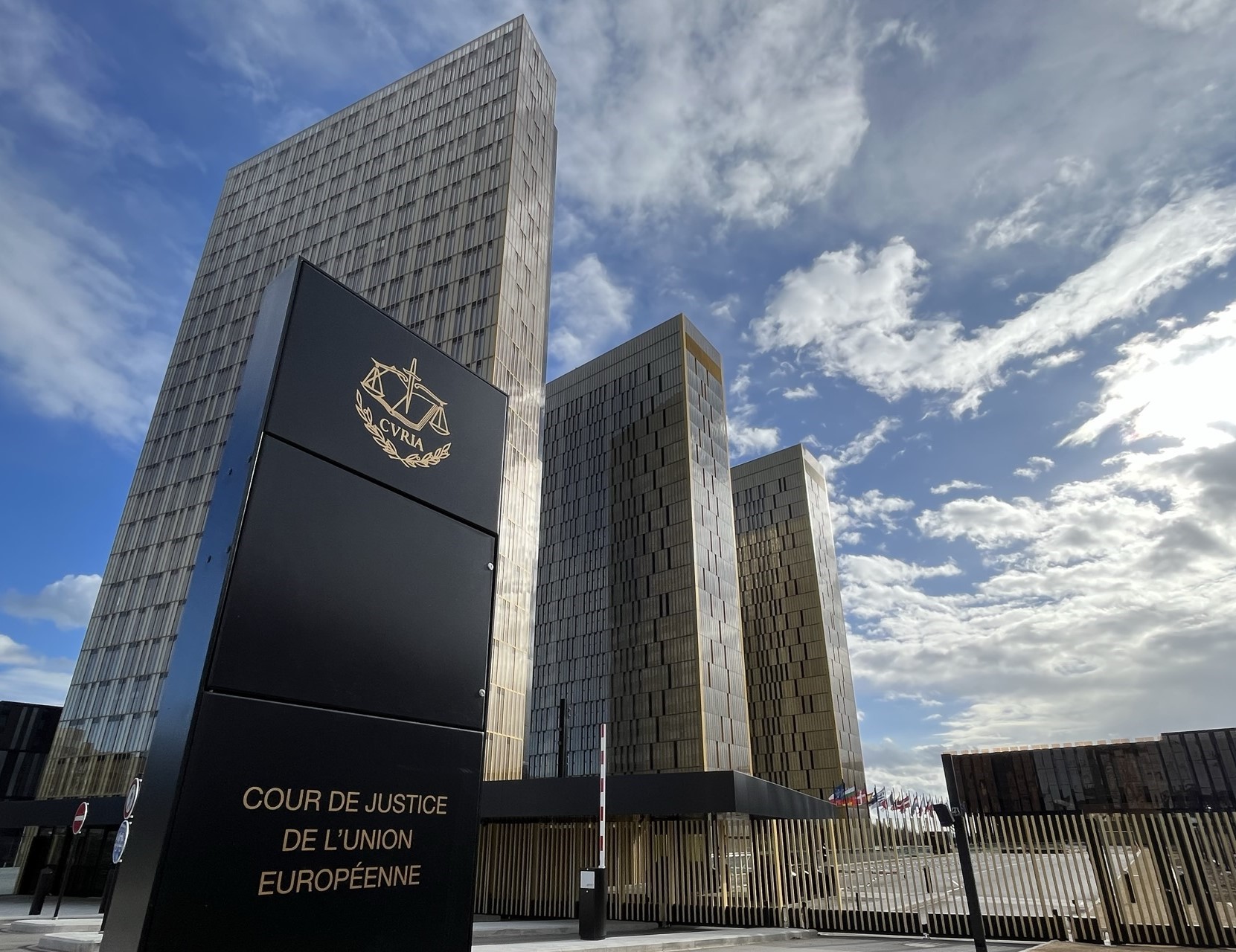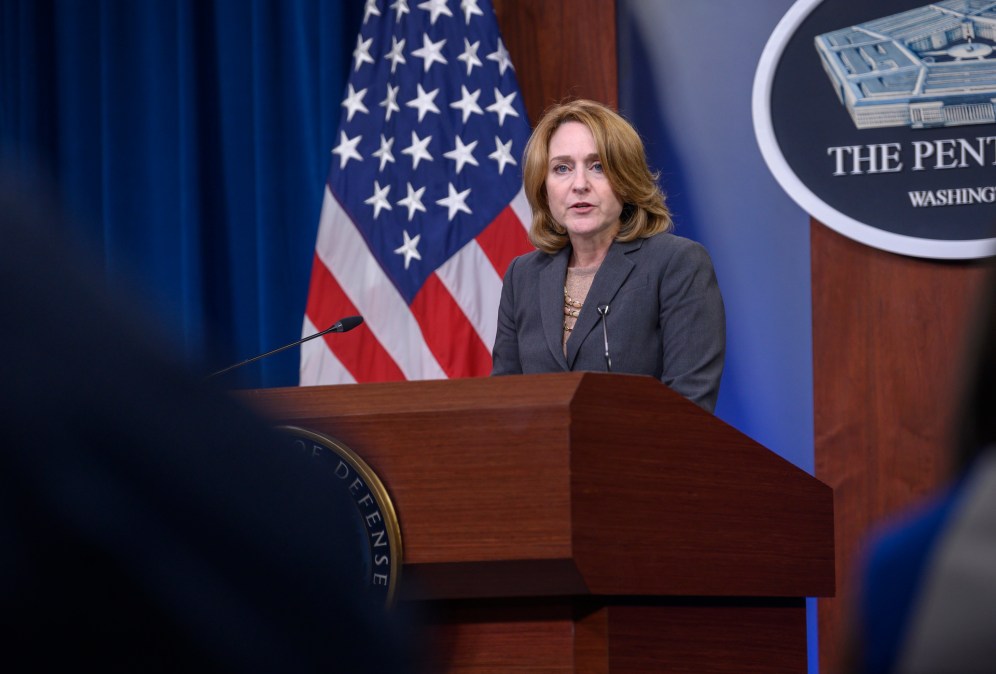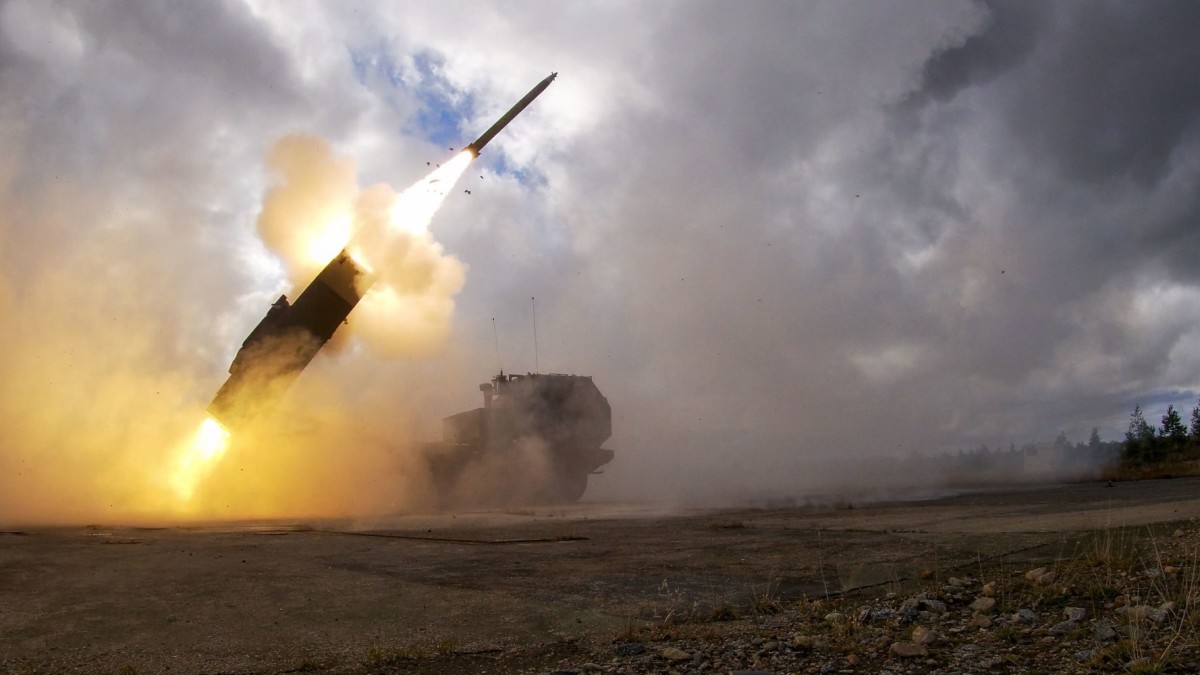KUNWAR KHULDUNE SHAHID
Life has come full circle for Imran Khan. In 2018, he was elected to be prime minister of Pakistan after his predecessor, Nawaz Sharif, was disqualified over corruption charges resulting from the Panama Papers. Khan stated at the time that he, too, should be ejected if found guilty of anything similar, going so far as to say that he didn’t mind security agencies tapping his phone. Five years later, Khan has got what he wished for. On Tuesday, he was barred from politics for five years, a few days after he received a three-year jail sentence for corruption.
Khan has been found guilty of abusing his privileges, with the court verdict concluding that he provided “false and inaccurate” information about gifts he received as Pakistan’s head of government. But he has been embroiled in over 100 other cases. One arose after the UK’s National Crime Agency returned £190 million to Pakistan, the result of an investigation into real estate magnate Malik Riaz’s money laundering. Khan is accused of returning the money to Riaz, then receiving land worth $24.7 million from him. The trial addressing these allegations saw the former premier briefly arrested in May. Violent protests erupted against the military establishment, which was accused of orchestrating Khan’s arrest.
The Pakistan Army has a long history of meddling with politics. The government here has long been subservient to the military establishment, and the army is uncomfortable with popular civilian leaders such as Khan. By the time he was ousted in a No Confidence vote last April, he had completely fallen out with the army leadership. This was partly a result of Khan’s own antagonistic behaviour; in 2021, for instance, he named a new secret service chief, even though such appointments are only the prerogative of the prime minister in theory, and almost always dictated by the army chief in practice.
And yet, that same military establishment was undoubtedly empowered by Khan. His government extended the tenure of the then-chief of the army General Qamar Javed Bajwa, whom Khan described as the most “democratic and neutral” army chief in Pakistan’s history. In a typical turn of events, Khan’s party now holds Bajwa singlehandedly responsible for his regime’s exit.




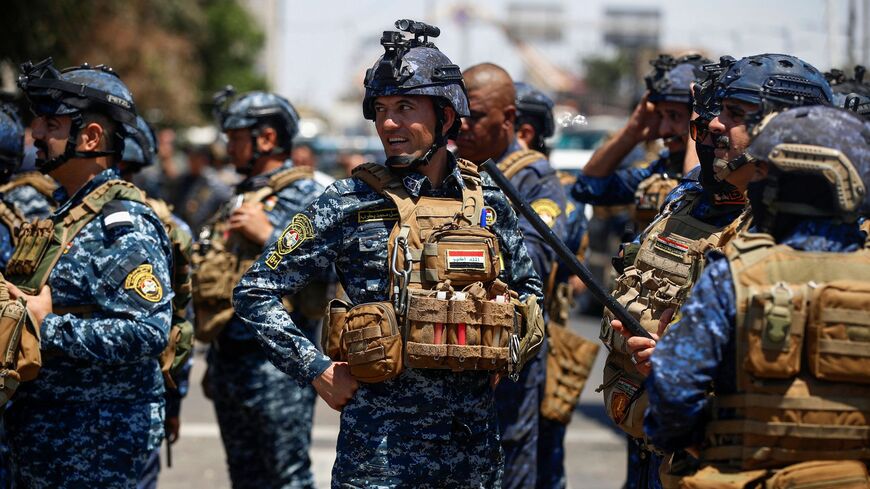
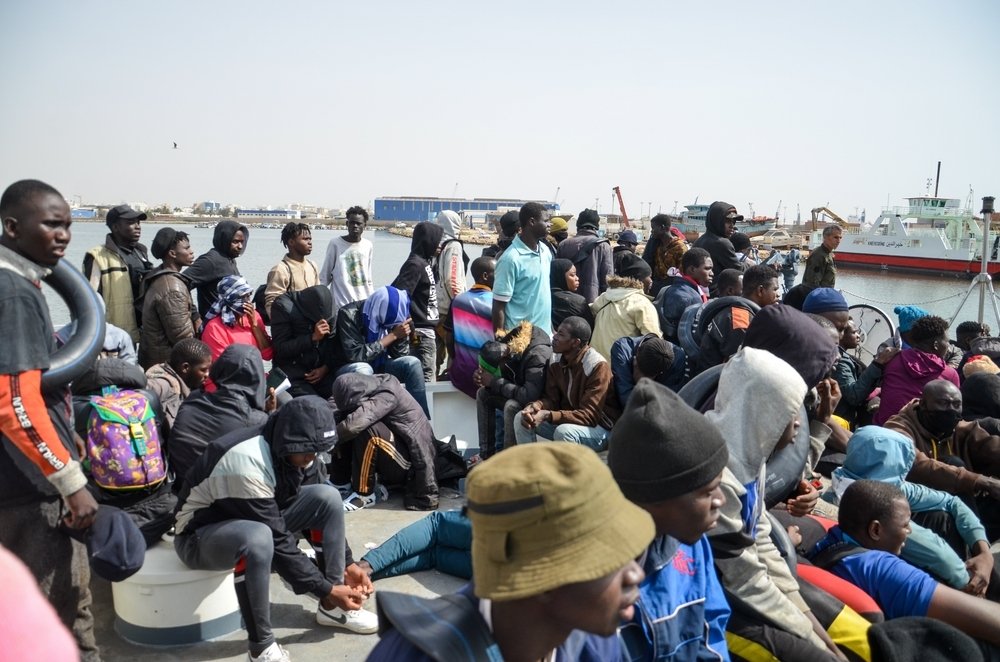


:quality(70)/cloudfront-us-east-1.images.arcpublishing.com/archetype/MIQJYOIX5NGO7KESBPR325GRUI.jpg)
